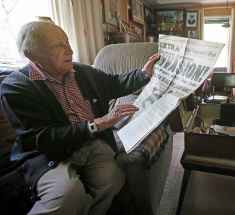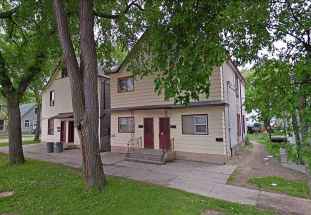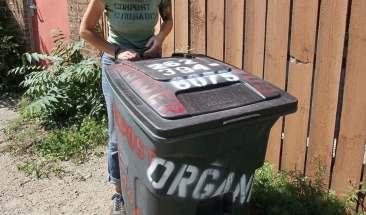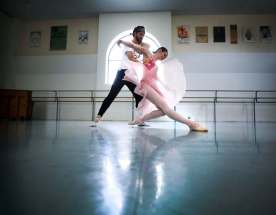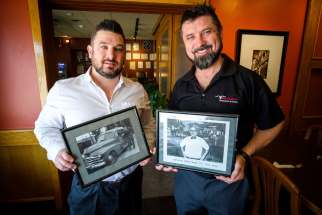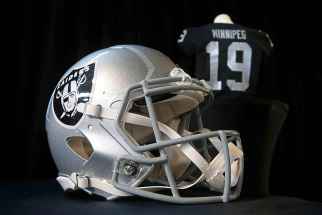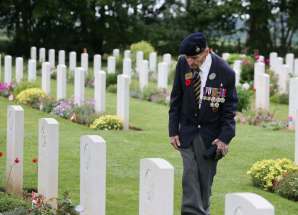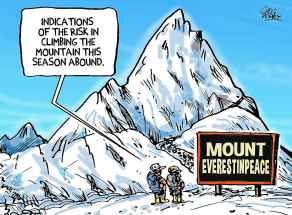Eyewitness to history Three Manitoba veterans recount their roles on D-Day
Read this article for free:
or
Already have an account? Log in here »
To continue reading, please subscribe:
Monthly Digital Subscription
$0 for the first 4 weeks*
- Enjoy unlimited reading on winnipegfreepress.com
- Read the E-Edition, our digital replica newspaper
- Access News Break, our award-winning app
- Play interactive puzzles
*No charge for 4 weeks then price increases to the regular rate of $19.00 plus GST every four weeks. Offer available to new and qualified returning subscribers only. Cancel any time.
Monthly Digital Subscription
$4.75/week*
- Enjoy unlimited reading on winnipegfreepress.com
- Read the E-Edition, our digital replica newspaper
- Access News Break, our award-winning app
- Play interactive puzzles
*Billed as $19 plus GST every four weeks. Cancel any time.
To continue reading, please subscribe:
Add Free Press access to your Brandon Sun subscription for only an additional
$1 for the first 4 weeks*
*Your next subscription payment will increase by $1.00 and you will be charged $16.99 plus GST for four weeks. After four weeks, your payment will increase to $23.99 plus GST every four weeks.
Read unlimited articles for free today:
or
Already have an account? Log in here »
Hey there, time traveller!
This article was published 05/06/2019 (2379 days ago), so information in it may no longer be current.
Three Winnipeg and area veterans recently shared their D-Day experiences with Free Press photographer John Woods.
Two were in the air, while a third was on the Normandy beach on June 6, 1944. Hear their interviews, see their photographs and read excerpts of their stories below.
Len van Roon
Lance corporal, 19th Field Regiment
Where (the ship) normally would have a lifeboat, they had sort of a motorboat. It had a crew of three and a naval officer. They were the ones who would take us to our positions, which was halfway between the ships that were shelling the shore and the shore itself. So we had a grandstand view.
The reason why we were there was we had 24 pieces of artillery, which were firing off the barges onto the shores. We had to make sure they were landing in the right place. That was our job.
We did not have any facilities for landing. We had to hitch a ride with a group of British commandos. We had to jump from this little boat into the landing craft. And that sea was awfully rough.

They put us at the back. When the landing craft hit they shore, they all peeled out. We thought that was OK, but it wasn’t a good idea because the initial thing was a surprise, but at the end (the Germans) were probably looking for who was coming out last.
Luckily a big wave came along, unhooked the launching pad and pulled our feet from under us and we went flat. It probably saved our blanking lives, you know.
“Those (boots) splashed ashore to that country… (When children) touch those boots, they touch boots that freed their country.”
There was a British soldier who had been wounded (on the beach) .… I went up to him and he said, ‘I trained for two years and this is as far as I got.’ Then he gave me a hand grenade and said maybe you can do something with this.
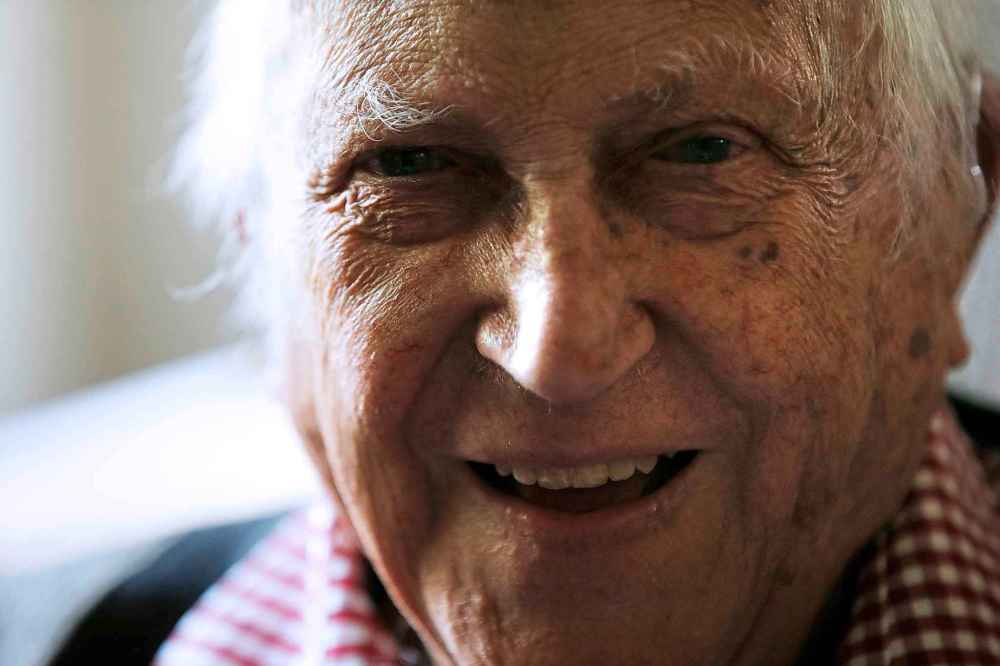
I have this guilty feeling when I take a trip, say going to Carman or something, and the fields are so beautiful, the scenery is so beautiful and I have all these things, I have had such a wonderful life and I get this guilt feeling.
I guess that sums things up, it’s a guilt feeling. I’ve been so privileged and they missed the whole darn thing.
Jim Magill
Flight sergeant, Royal Canadian Air Force
The Lancasters got all the publicity, but the Halifax was a good, sturdy aircraft that got us back there many, many times. No complaints about the aircraft at all.
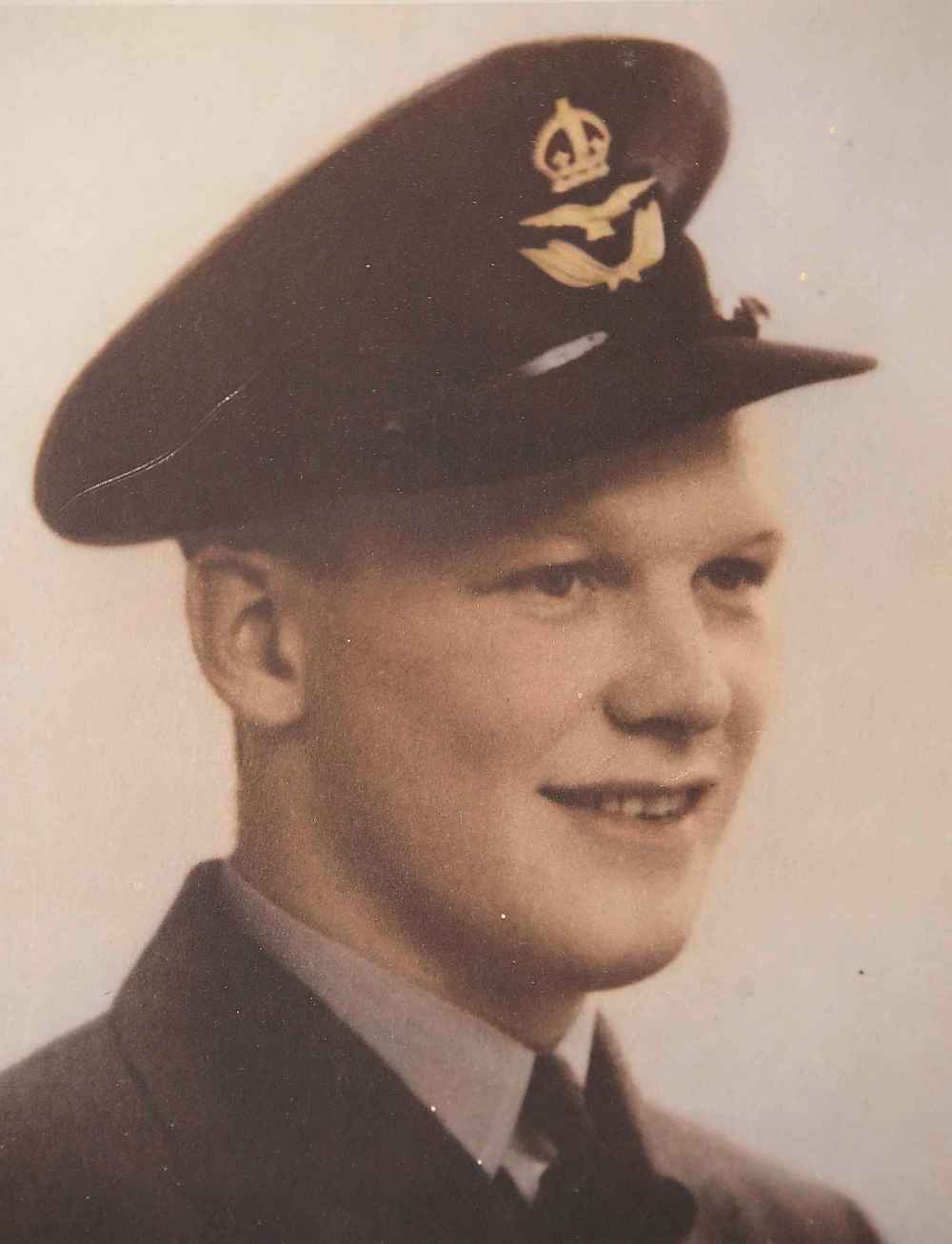
I remember one night, this was a night operation and you could see the lines. The cannons were shooting this way and the others were shooting this way.
And you could see two distinct lines – the Allied forces and the German forces hammering away at one to another. And it was awesome, awesome sight.
You felt, not an exhilaration, but a justification that finally, finally all these lives that have been lost, all these aircrafts that have been lost, there is going to be some kind of reward for them.
“In a way I felt I was darn lucky to be up here rather than down there. It must have been a horrifying experience down there. It took tremendous kind of bravery to do that, I thought.”
I thought I was just normal, but people told me subsequent that I was kind of a nervous case.
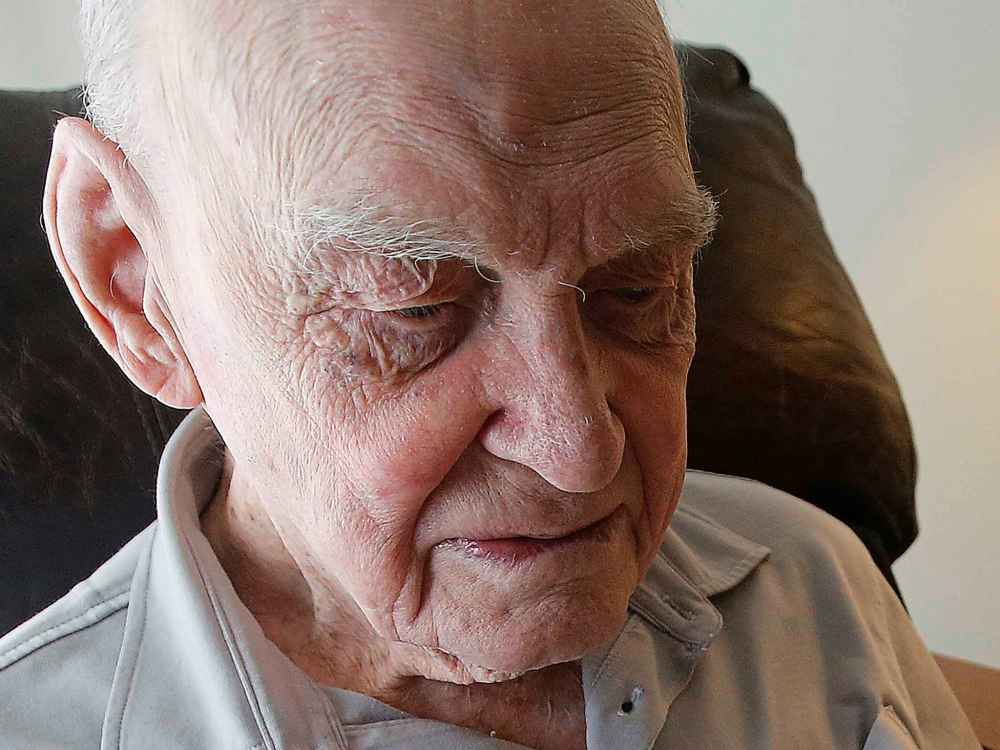
It wasn’t easy, it wasn’t easy, no. They’re hammering away at you at the same time, of course.
By and large the sense of relief that finally something – what we’ve been trying to do is going to be worthwhile.
And it’s going to settle the world down and the world is going to be a little bit better for the little contribution you made.
Richard Sellen
Bomber pilot, RCAF
On D-Day, the British pretty well knew where the enemy troops were… They held some of us with the heavy bombers, they held us off, until they figured those train troops would arrive and then they wanted us to go in and bomb all those train troops. And that’s what we did.
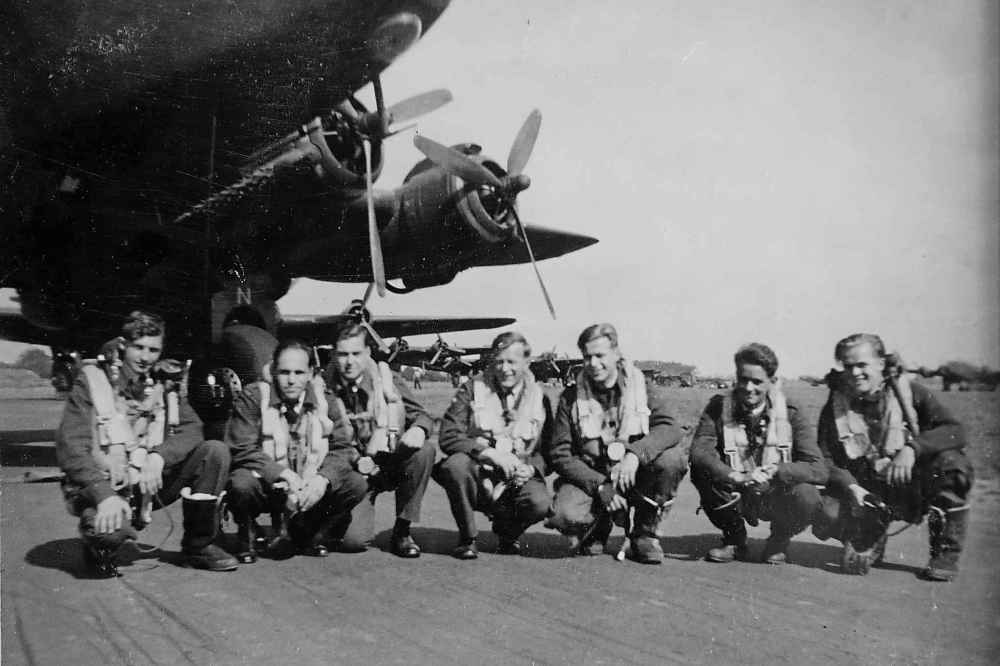
I just kind of hoped that I would survive it and I did, because there were so many of our planes shot down, so many guys suffered greatly with that. They were in a burning mess — our big planes when they shot one of them down. It was horrible to see.
I was so fortunate really to get away without being shot down. My plane was hit, but not enough to bring me down. I was glad not only for me, but for my crew. I had such a grand crew.
“We just raised hell with them. I hate to think how many of those men we killed. It was a lot.”
I was proud to serve the country. I was proud to get what medals I have for that work. Because we had a lot of tough raids.
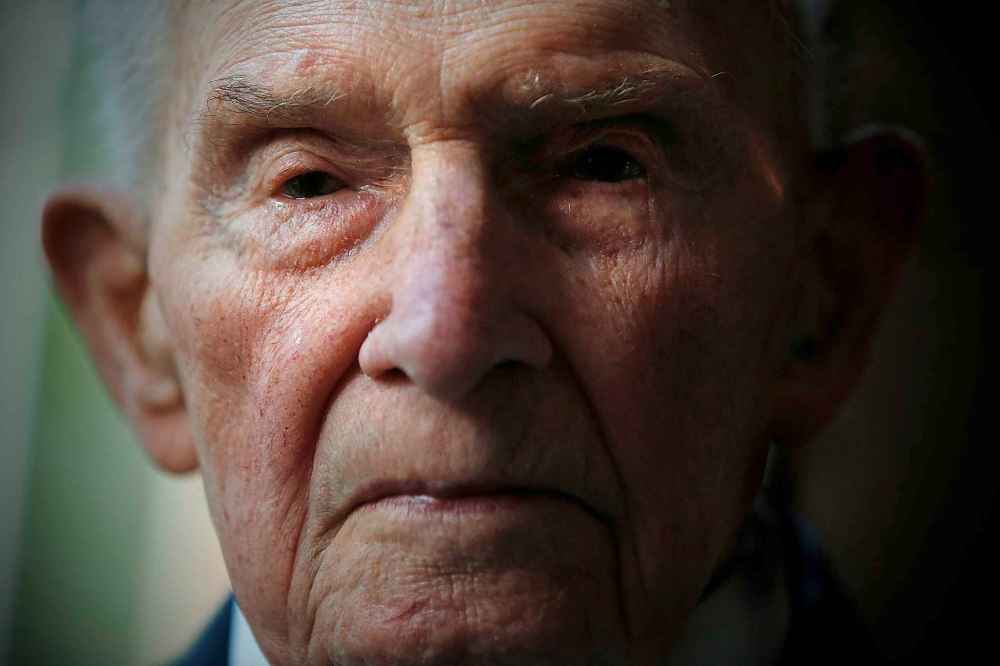
We had to raid factories… Hitler had taken over countries and taken over their factories to manufacture stuff for his military machine. They were tough bombing trips. So many of our planes shot down during that period of time.
I loved flying, although I knew I was flying in dangerous skies, especially through the bombing periods, because they were shooting at you right and left. Shells were hitting your airplane and so on and you’re hoping there would be nothing to put me down.
Our newsroom depends on a growing audience of readers to power our journalism. If you are not a paid reader, please consider becoming a subscriber.
Our newsroom depends on its audience of readers to power our journalism. Thank you for your support.







